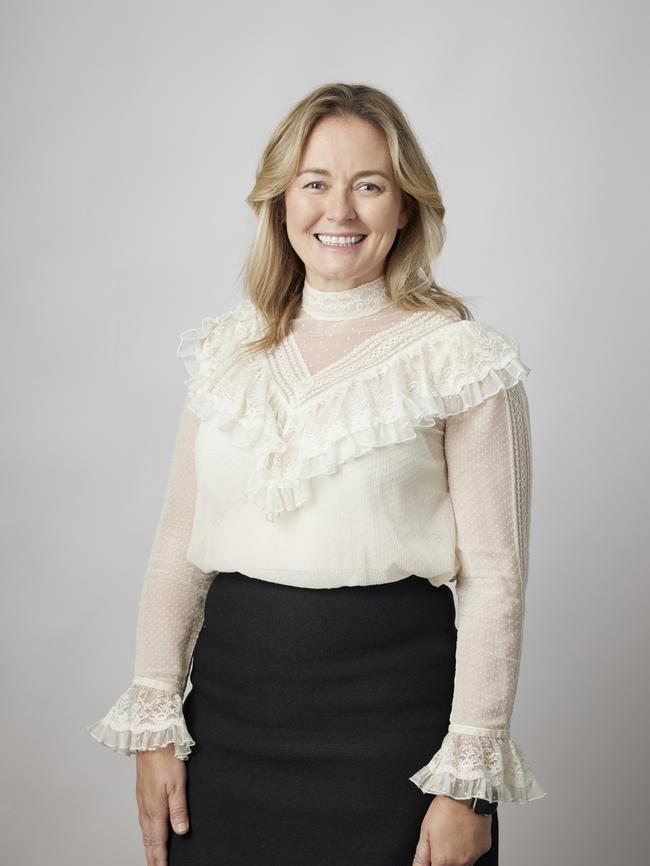Kelly Power, Colonial First State Super: Young people need better access to financial advice
Young Aussies need more access to affordable financial advice to help navigate current cost of living and plan for their retirement, says Colonial First State Super boss Kelly Power.
Young people need access to more affordable financial advice to help navigate cost of living crises and start planning for their retirement, according to the chief executive of Colonial First State Superannuation, Kelly Power.
In an interview with the Australian, Ms Power, whose company manages more than $140bn in superannuation savings, said much of the debate about the need for financial advice focused around people who were approaching retirement.
But she said the cost of living crisis and rising housing costs meant younger people were finding it harder to navigate their investment options and were in need of access to cheaper financial advice.
She said a new report commissioned by CFS showed more than 70 per cent of people aged from 25 to 29 were interested in using the money in their super to help pay for advice to plan for their retirement.

This is compared with the broader average of 61 per cent of those surveyed.
“A lot of the people we spoke to who were interested in seeing a financial adviser were young people who didn’t know where to start,” she said.
“They don’t know where to invest their money to get a good return or what to invest in, outside of property.”
She said the proposed establishment of a new category of “qualified” financial advisers who would be employees of super funds, banks, or insurance companies could open up opportunities for the provision of cheaper, simpler financial advice which could be more affordable for young people.
The proposals were made late last year by the Federal Government as part of changes to laws around financial advice following the Quality of Advice review by Allens’ partner Michelle Levy.
But the changes still need to be passed by parliament and could take until 2025 to implement.
Ms Power said the cost of financial advice plans by professional financial advisers had risen by 25 per cent over the past year to almost $5,000 — a figure which was above what many ordinary Australians were able to pay for financial advice.
“There is a common misconception that financial advice is for the wealthy because it is unaffordable,” she said.
“Yet our research shows that Australians largely agree that it is those who are struggling financially who need advice the most.”
Ms Power said CFS, which manages some 10 per cent of the private pension market in Australia, currently deals with more than 40 per cent of the 16,000 licensed financial advisers in Australia.
But she said it would be prepared to expand its potential to provide advice to customers by hiring “qualified advisers” on staff as proposed by the government late last year.
She said this would allow CFS to provide a much broader range of advice to clients, including simpler, lower cost advice.
She said the Federal Treasury’s call for submissions on the retirement phase of superannuation, which are due by February 9, showed the Federal Government’s determination to encourage super funds to focus more on helping people in their retirement phase and making financial advice more accessible to ordinary Australians.
She said it was possible to provide more support for people to plan for their retirement through digital products, but she said it was often important to supplement these through personal conversations with advisers.
“There is a need for flexibility (in providing financial advice to people),” she said.
“There is no one size fits all.”
“Retirees and pre-retirees will be happy to do things digitally but our experience is that they would also like to have a conversation and the reassurance that someone is there and can talk them through the process.”
She said the current strict rules around the provision of financial advice meant “the people who need it the most are not getting it because the rules are very complex”.
“Most Australians are worried about the cost of living at the moment,” she said.
“From our research, a lot of people who need help are younger and they need help with things like budgeting.”
“Broadening the capacity to provide service and support to people is an important development,” she said.






To join the conversation, please log in. Don't have an account? Register
Join the conversation, you are commenting as Logout